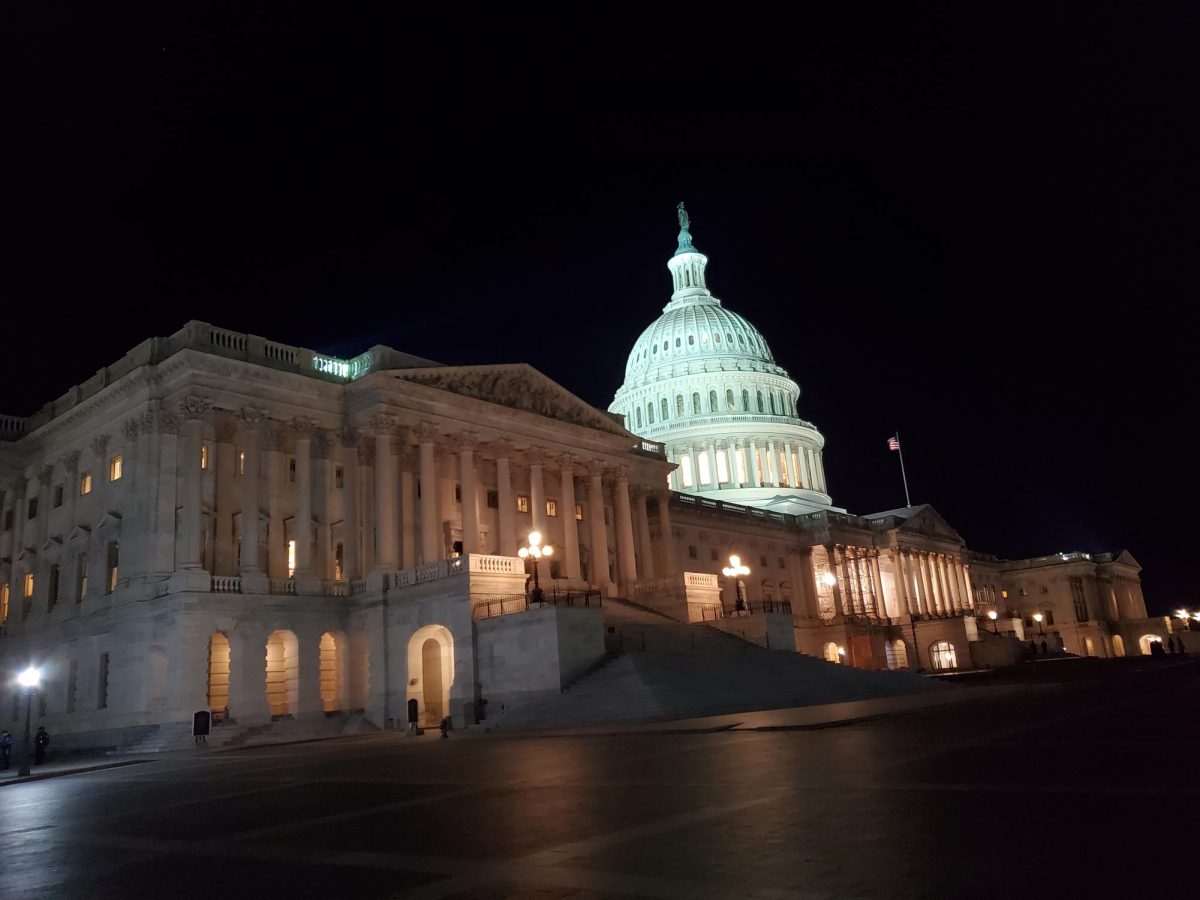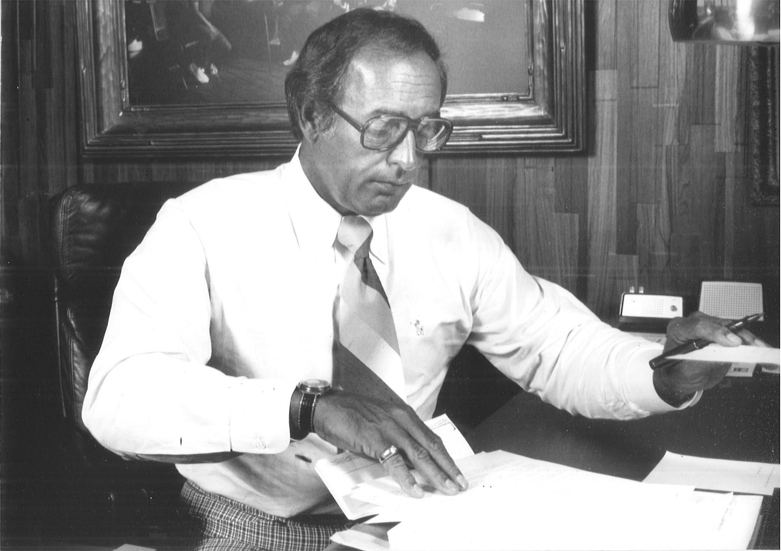The Wealthy Street Theater hosted a discussion on controversial issues of national security and civil liberties.
The discussion was organized by the American Civil Liberties Union with Justin Amash, the representative for Michigan’s 3rd District in the House of Representatives and Kary Moss, executive director of ACLU’s Michigan. It included topics such as the use of drone strikes and the indefinite detention of prisoners by the military.
Although Moss and Amash, known for his strong libertarian views, inevitably disagreed on many things, the focus of the evening was on the areas where they agreed, especially areas where they believed America’s national security and foreign policy had negatively affected civil liberties and personal freedom.
Both were strongly opposed to the use of drone strikes to kill terrorist suspects, even those who were American citizens, as well as military policy that allows for the indefinite detention of combatants in wartime — even American citizens on American soil.
Also mentioned were older issues, such as the Patriot Act, which gave far-reaching powers to the government in order to combat terrorism.
Moss and Amash briefly discussed the civil liberties records of Presidents Obama and Bush. Amash mentioned that he believed Obama to have been worse for civil liberties than Bush, which Moss disagreed with, citing actions by the Bush administration including the Patriot Act.
Amash agreed, but noted that the Obama administration had continued the Bush policies, as well as adding new issues.
Sophomore Kyle Luck attended the meeting at Wealthy Street Theater, noting that he was not surprised at what the participants said on the topics.
“It went pretty much how I thought it was going to go,” he said.
He especially noted that the discussion on drone strikes was framed, especially by Amash, around the issue of American legality specifically.
“The primary thing that concerned him [Amash] was that drones could be used in the future to kill American citizens on American soil,” Luck noted.
Luck quotes Amash as saying that “the most unsettling thing about drone strikes is that they could be used on U.S. citizens on U.S. soil,” but Luck himself believes that “the most unsettling thing is that drones are being used to kill thousands of people.”
Luck expressed frustration that the discussion was framed solely around the possible use of drones on Americans when he would have preferred a discussion of the morality of using drones to kill foreign citizens on foreign soil, including in Somalia, Pakistan, Yemen and Afghanistan, which the U.S. government is currently doing.
“When are we going to have a national conversation about drone strikes?” Luck asked regarding the silence on current drone strikes in foreign nations.
During the question-and-answer session, Amash was asked his opinion on same-sex marriage, with two separate cases related to same-sex marriage coming before the Supreme Court this week.
Amash argued that marriage should be a personal issue, according to Luck, although Luck said that many were confused about Amash’s argument that the government should not be involved in marriage in any way, including legal ways including taxes and Social Security.
“Everyone was confused about what he meant,” Luck said of Amash’s statement that he wanted the law to be “marriage-neutral.”
Luck also noted that the audience was primarily middle-aged or elderly adults.
“I would have expected and would have liked to see more college students there who care about these issues,” he said.






